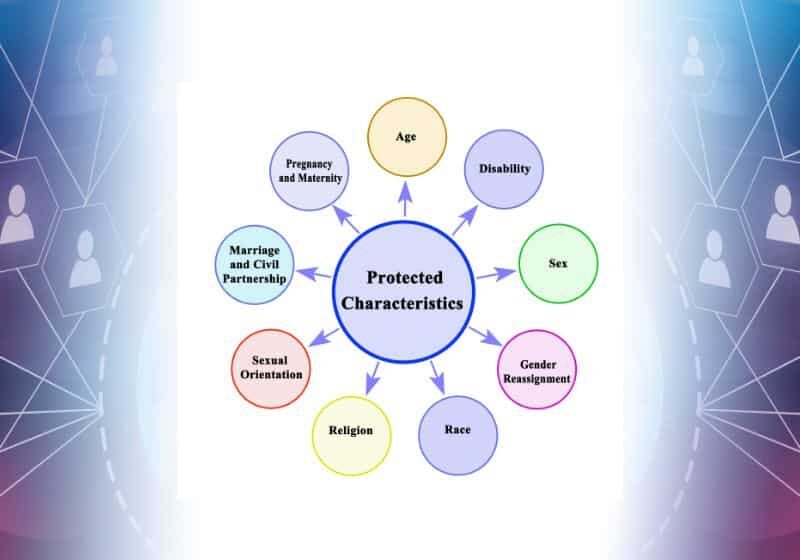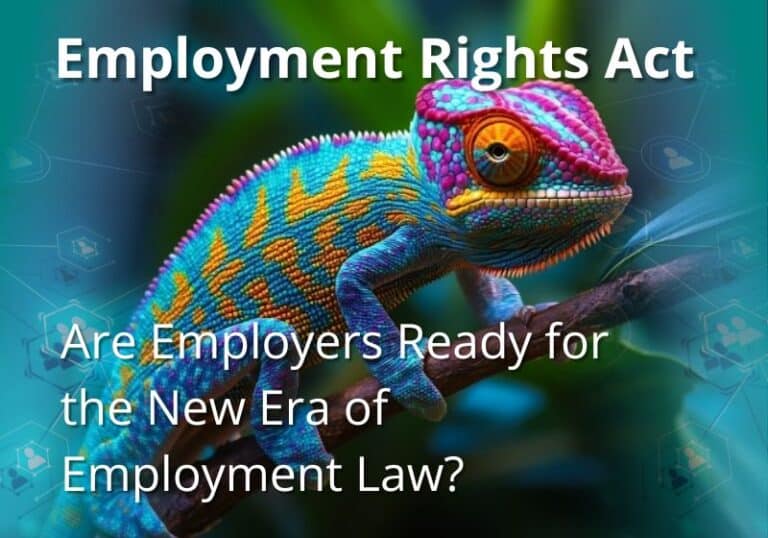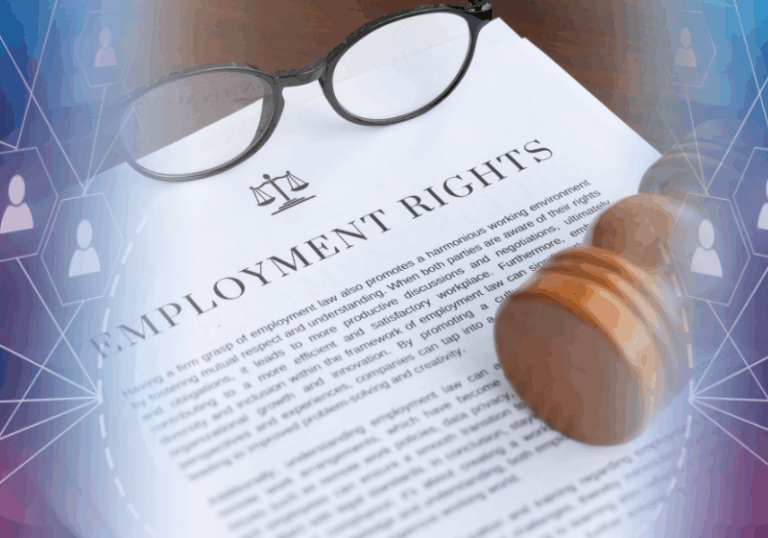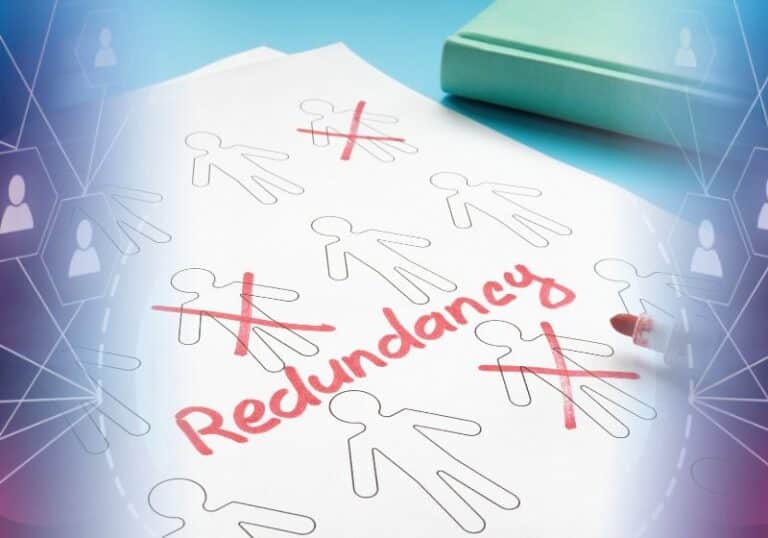Do You Know What a Protected Characteristic Really Is?

As HR consultants, we often talk about protected characteristics. It’s a phrase we’re used to using – but how often do we stop to check whether our clients know exactly what it means? Let’s face it, when you’re running a small business, your plate is already full. Between managing cash flow, supporting your team, and keeping customers happy, employment law can feel like just one more thing to keep track of.
If you’re a small or medium-sized business owner or manager, understanding this term is more important than you might think. Understanding your responsibilities under the Equality Act 2010 isn’t just about ticking boxes. It’s about creating a workplace that’s fair, inclusive, and legally protected.
It sits at the heart of equality law – and getting it wrong can lead to costly mistakes.
What is a Protected Characteristic?
In simple terms, a protected characteristic is a part of who someone is – something that the law says must not be used as a reason to treat them unfairly.
The Equality Act 2010 sets out nine protected characteristics. These are things people can’t change easily – or shouldn’t have to. If someone is treated differently, worse, or unfairly because of one of these, it could be unlawful discrimination.
So, What Exactly Is Protected?
When we talk about protected characteristics, we’re talking about aspects of a person’s identity that are legally safeguarded from discrimination. These are the things people should never be treated unfairly for – whether they’re applying for a job, working for you, or even after they’ve left. Every employer in the UK has a responsibility to understand these characteristics and ensure their workplace policies and behaviours reflect this protection.
Let’s have a look at these – with simple explanations:
Age
This means protecting people of all ages – young, old, and everything in between. Age should not be a barrier to fair treatment at work.
Whether someone’s just starting out in their career or coming in with decades of experience, they deserve equal treatment. That means avoiding stereotypes like “too young to lead” or “too old to adapt.”
Disability
This covers physical or mental conditions that have a long-term impact on daily life. Employers have a legal duty to make reasonable adjustments to support disabled employees. As an employer, you’re expected to make reasonable adjustments—things like flexible hours, accessible workspaces, or different communication methods. It doesn’t have to be expensive or complicated, just thoughtful.
Gender reassignment
People who are transitioning, or planning to transition, have legal protection. It’s about respecting someone’s identity and supporting them in the workplace, without drawing unnecessary attention or making assumptions. They don’t need to have had surgery to be protected.
Marriage and civil partnership
This protects employees from being treated unfairly because they are (or are not) married or in a civil partnership. You can’t treat someone unfairly because they’re married or in a civil partnership. That includes things like assumptions about commitment or availability.
Pregnancy and maternity
Expectant and new mothers are protected throughout pregnancy and during statutory maternity leave. That means no demotions, dismissals, or missed opportunities because someone’s having a baby.
Race
This includes skin colour, nationality, and ethnic or national origin. Discrimination here could look like biased recruitment practices, jokes that cross the line, or assumptions about language skills or background.
Religion or belief
This protects people of all faiths—and those with no religious belief at all. Think about how your policies affect time off for religious holidays or whether dress codes unintentionally exclude people.
Sex
Refers to someone being male or female. This protects against unequal treatment or harassment because of a person’s sex. Men and women must be treated equally in the workplace—full stop. This applies to pay, opportunities for promotion, training, and more.
Sexual orientation
Whether someone is gay, lesbian, bisexual, heterosexual, or otherwise, they are protected from discrimination. Making jokes, asking intrusive questions, or treating someone differently because of who they love is not just poor form—it’s against the law.
Why Does This Matter to Employers?
If an employee (or even a job applicant) feels they’ve been treated unfairly because of a protected characteristic, they could bring a claim for discrimination. Unlike unfair dismissal, there’s no minimum length of service needed – and compensation is uncapped.
And it’s not just about risk. Creating an inclusive workplace where everyone feels valued is also good for morale, retention, and your reputation.
What Should You Be Doing?
As an employer, it’s important to be clear on what the protected characteristics are and ensure your business practices reflect that understanding. This means providing training for managers and staff on equality, inclusion, and respectful behaviour in the workplace. Take time to review your company policies and everyday processes – from recruitment and promotion to performance management – to ensure they don’t unintentionally disadvantage anyone.
Be proactive in identifying and addressing any concerns around bullying, harassment, or discrimination. And if you’re ever unsure, don’t guess – seek professional advice. It’s always better to be safe than sorry.
Final Thoughts
Understanding protected characteristics isn’t about political correctness – it’s about doing the right thing and staying within the law. Most importantly, it’s about creating a workplace where people feel safe, respected, and able to be themselves.
When in doubt, a good rule of thumb is to pause and ask yourself: Would I be making this decision if this person were of a different sex? Am I rejecting their job application because of their age, background or beliefs? Am I denying them a promotion because they’re pregnant or planning to take maternity leave? If the answer gives you any cause for concern, it’s worth stopping to reflect – and seek advice before proceeding. Fair, consistent treatment isn’t just a legal requirement – it’s the foundation of a respectful and inclusive workplace.
You don’t need to be a legal expert—you just need to know what to look out for, and put the right foundations in place. Your team—and your business—will be stronger for it.
If you’re unsure about how protected characteristics apply in your business, or you’d like help training your team, or handling a tricky situation, we’re here to support you. Get in touch with our expert HR team today – let’s make sure your workplace is fair, compliant, and confident in doing the right thing.
Sarah Lewingdon
Sarah is our HR Business Support Manager. She brings experience in both HR and business strategy.




